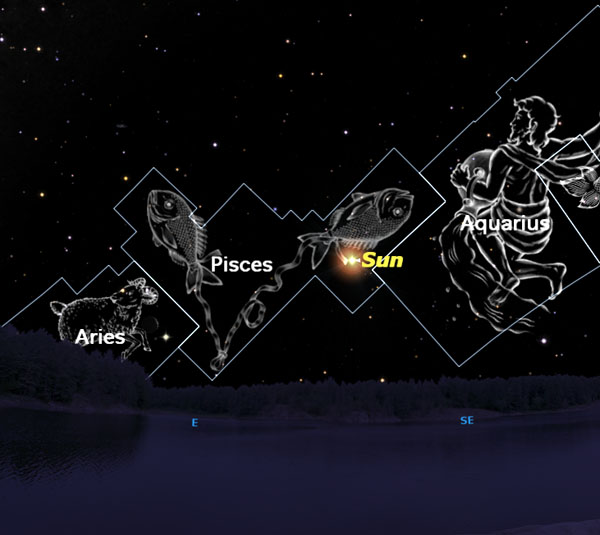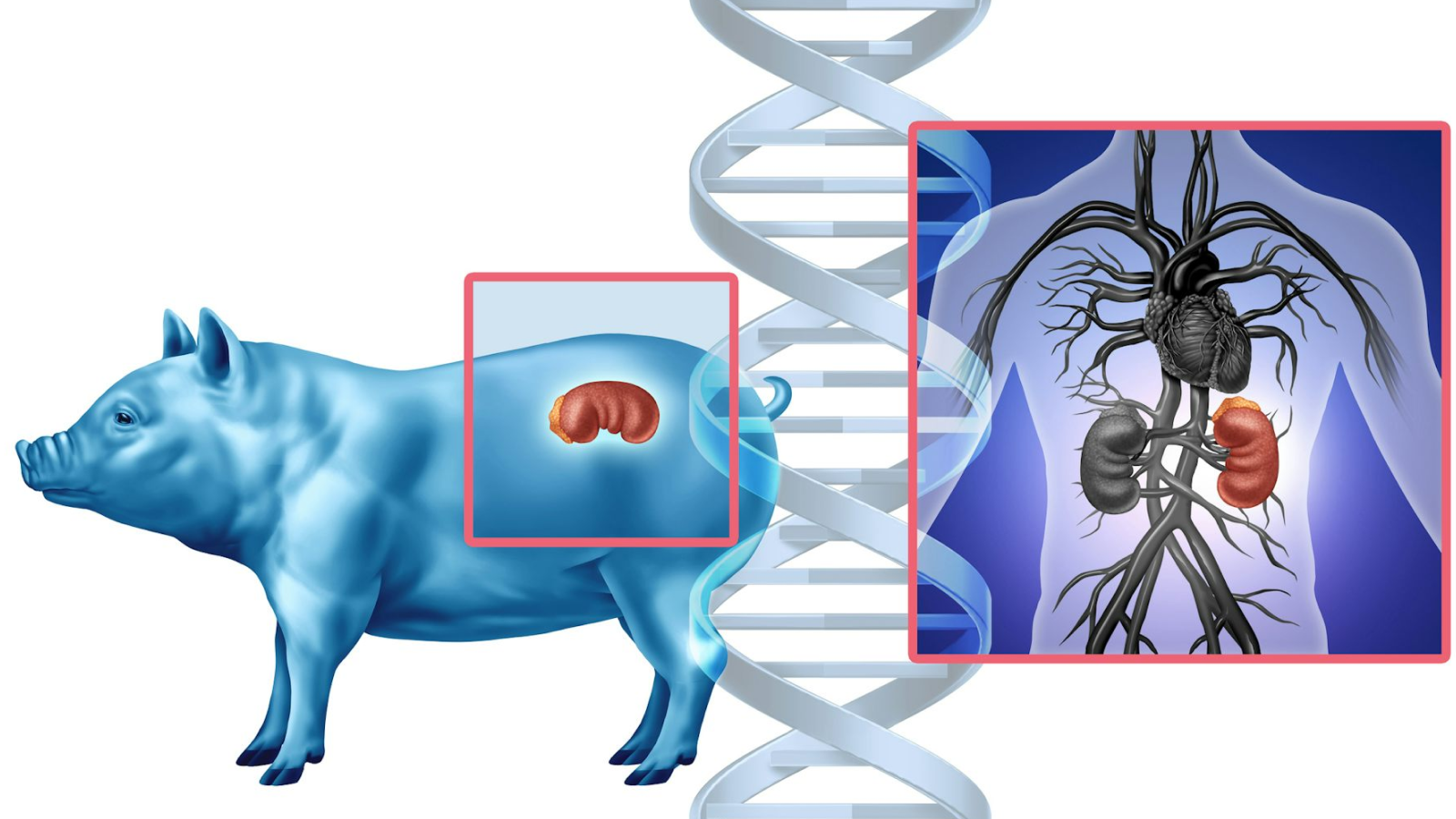Indian Court: Astrology Is a Science

India's Bombay High Court has ruled that astrology (which took a recent and very public drubbing after an astronomer pointed out that astrological signs have changed over millennia) is not merely a harmless diversion but instead a science, presumably on par with biology, astronomy and physics.
The case involved a lawsuit brought by Janhit Manch, a non-governmental consumer watchdog group that complained that ads for psychics and astrologers were illegal under India's Drugs and Magical Remedies (Objectionable Advertisements) Act, which prohibits false advertising. The group of skeptics urged Indian officials to ban all literature promoting astrology, feng shui, Tarot card reading, palm reading, Reiki and other popular but scientifically unproven practices.
In its decision the High Court cited testimony from a government deputy drug controller named Dr. Ramakrishna, who stated that the Act did not apply to astrology: "The said Act is aimed at prohibiting misleading advertisements relating to drugs and magic remedies. The Act does not cover and/or relate to astrology and/or allied sciences like Palmistry. ... In view thereof, a purported ban on practices promoting astrology and related sciences sought by the petitioner, which is a time-tested science more than 4,000 years old, is totally misconceived and unjustifiable."
There are many ways in which astrology is clearly not a scientific enterprise. For example, real sciences (and scientific theories) have predictive power; that is, they can make accurate and valid predictions about the future. Astronomers, for example, can accurately predict a wide variety of celestial events, from the next full moon to the next appearance of Halley's comet (July 28, 2061). Astrology, by contrast, has failed repeated scientific tests for making accurate predictions. Furthermore there is no physical mechanism known to science by which the position of planets and stars could possibly have any influence on a newborn's personality traits.
The High Court's legal ruling, of course, carries no weight with scientists, who have uniformly and soundly rejected astrology as a pseudoscience. The justification that Dr. Ramakrishna provides (that astrology is "over 4,000 years old" and therefore must be valid) is itself a blatant logical fallacy called an appeal to tradition. Just because something has a long tradition, or was widely practiced throughout history, does not imply that it is valid or correct. Since ancient times people believed that diseases were caused by imbalances in the body's humors (black bile, yellow bile, phlegm and blood), and were "cured" by doctors using applications of leeches to the body. By Dr. Ramakrishna's logic, this discredited science of "humorism" must be valid, since it too was used for thousands of years. That such a clearly illogical argument was cited by the Bombay High Court does not speak well for its judicial wisdom.
Benjamin Radford is managing editor of Skeptical Inquirer science magazine and author of Scientific Paranormal Investigation: How to Solve Unexplained Mysteries. His Web site is www.RadfordBooks.com.
Get the world’s most fascinating discoveries delivered straight to your inbox.



